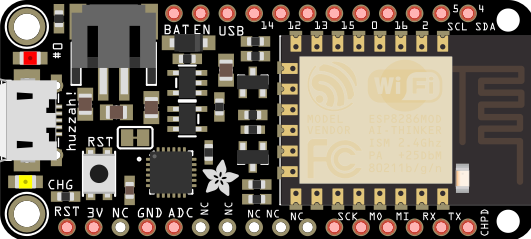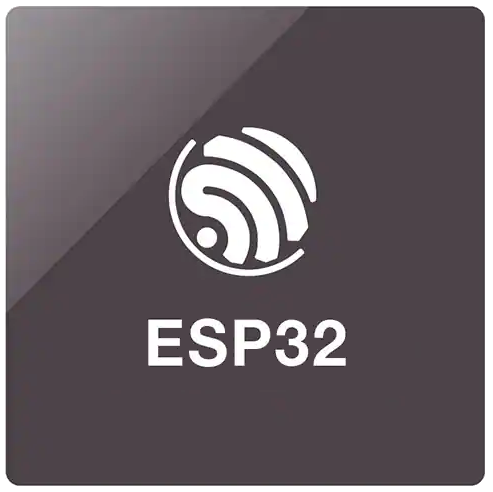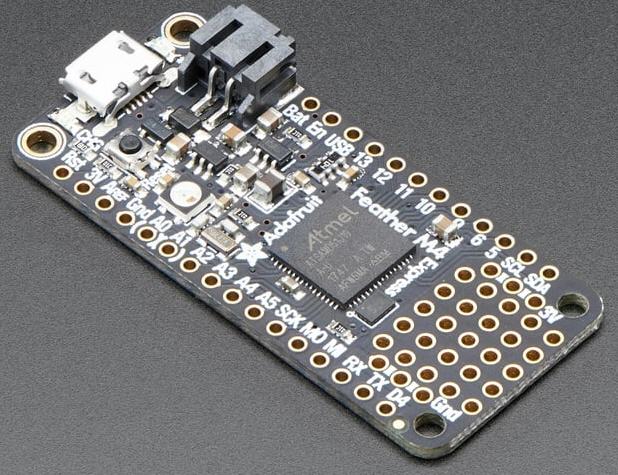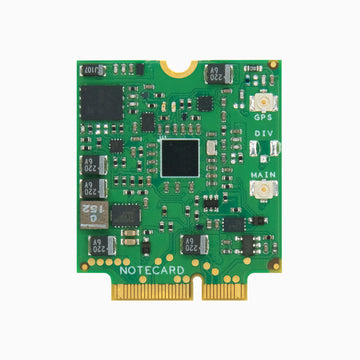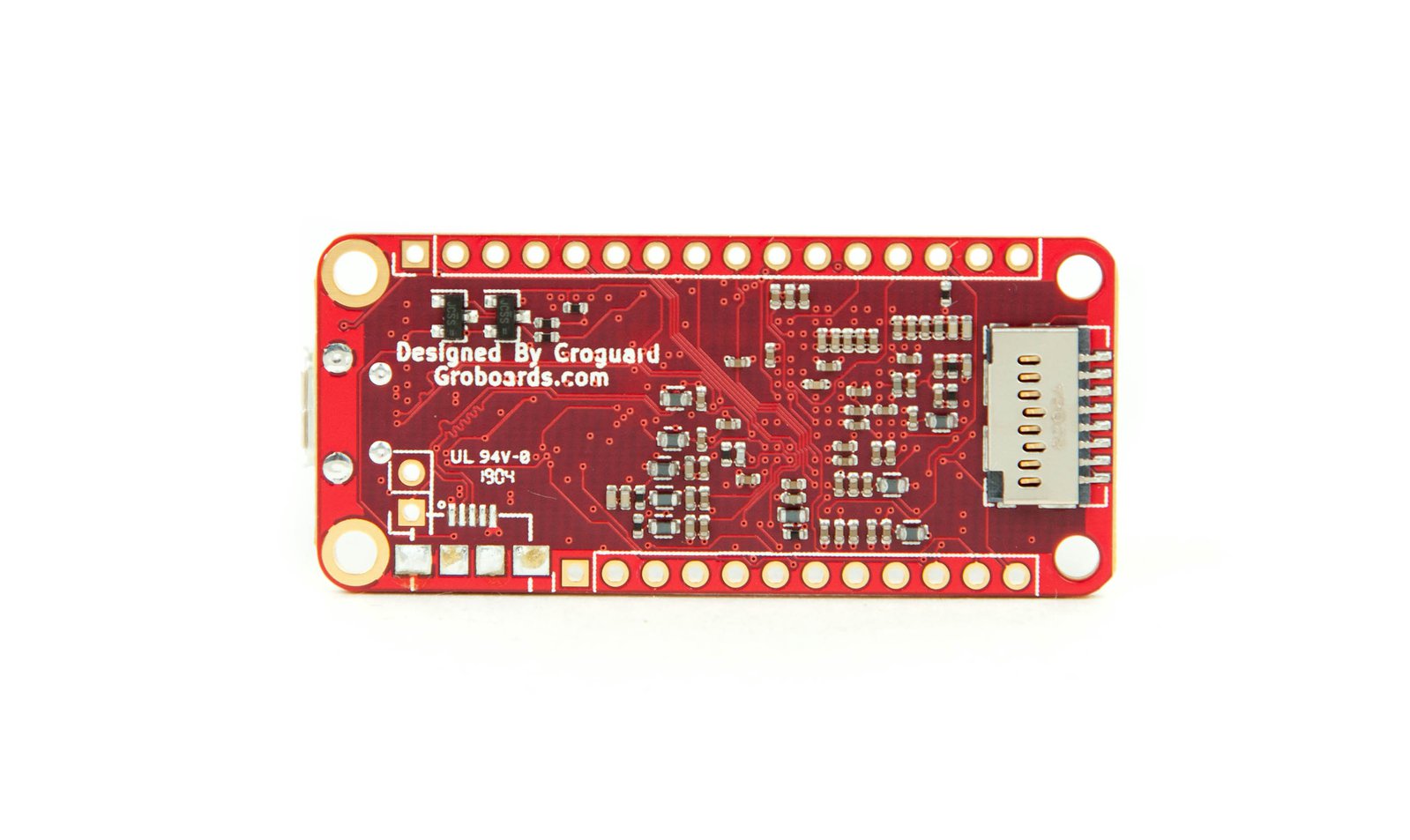Feather / FeatherWing Specification
Introduction
Adafruit makes Feather devices that generally have a microcontroller (MCU). They also make FeatherWings that stack on the Feather and add additional functionality such as GPS, sensor, etc. The link below to the Adafruit Feather/FeatherWing specification provides a lot of information. I will only summarize what I find most helpful, or missing.
Afafruit's Feather Specification
| Feather Spec. |
Feather M0 Basic |
Feather M4 Express |
| | Feather Spec. |
Feather M0 Basic |
Feather M4 Express |
|---|---|---|---|---|---|---|
| RST | RST | RST | | | --- | --- | --- |
| 3V3 | 3V3 | 3V3 | | | --- | --- | --- |
| ARf | ARf | ARf | | | --- | --- | --- |
| GND | GND | GND | | | --- | --- | --- |
| A0 | A0 D14 | A0 D14 | | | Vbat | Vbat | Vbat |
| A1 | A1 D15 | A1 D15 | | | EN | EN | EN |
| A2 | A2 D16 | A2 D16 | | | Vbus | Vbus | Vbus |
| A3 | A3 D17 | A3 D17 | | | D13 | D13 LED |
D13 LED |
| A4 or D24 (2) | A4 D18 | A4 D18 | | | D12 | D12 | D12 |
| A5 or D25 (2) | A5 D19 | A5 D19 | | | D11 | D11 | D11 |
| SCK | D24 SCK |
D25 SCK |
| | D10 | D10 | D10 |
| MO | D23 MOSI |
D24 MOSI |
| | D9 | A7 D9 | D9 |
| MI | 22 MISO |
23 MISO |
| | D6 | D6 | D6 |
| Rx D0 | 0 | 0 | | | D5 | D5 | D5 |
| Tx D1 | D1 | D1 | | | SCL | D21 SCL |
D21 SCL |
| (1) | GND | D4 | | | SDA | D20 SDA |
D22 SDA |
Color Key: SPI I2C (I2C pullup on FeatherWing, not Feather) GPIO free
(1) free pin that varies in use from one board to the next.
(2) D24 and D25 can be used in place of A4 and A5 when the pins do not feature any analog capabilities.
RST Pull to ground to reset the Feather. A tactile button to reset must be on the Feather.
The EN pin is an input to the Feather and must depower the 3.3V output. Typically connected to the Enable pin on the 3.3V regulator, with a 100K pullup. It does not disable VBAT/VUSB.
All GPIO are 3.3V logic. 7 mA per pin recommended (10 mA max).
Digital input HIGH when > 2.31 V, LOW < 0.99 V.
Input power to the Feather
USB port The USB port with at least 500 mA supply is the primary power connection. The USB port input power is regulated down to 3.3 VDC by the Feather and is available on pin '3V3'. It also charges any connected 3.7 V LiPoly battery (LiPo battery output is 4.2 V fully charged).
Vusb You may provide at least 500 mA @ 4.5 to 5.0 VDC directly to the Vusb pin, rather than using the USB port (WARNING: don't use both!). When Vusb is is supplied power, it will provide power to the device, and charge any connected LiPo battery.
3V3 pin You can provide at least 500 mA @ 3.3 VDC directly to the '3V3' pin (max 3.6 V), provided you disable the XC9258A on board regulator by connecting the 'EN' pin to ground, and then never connect power to the USB port or the LiPo connector. When you disable the on board regulator (EN to gnd), the output drops to about ~0.8 V (not 0).
Li+ pin You may provide at least 500 mA @ 3.6 to 4.2 VDC directly to the Li+ pin, rather than using the LiPo connector. This will charge the LiPo battery and provide power to the Feather. Do not disable the on board regulator XC9258A).
Do you need help developing or customizing a IoT product for your needs? Send me an email requesting a free one hour phone / web share consultation.
The information presented on this website is for the author's use only. Use of this information by anyone other than the author is offered as guidelines and non-professional advice only. No liability is assumed by the author or this web site.
.png)


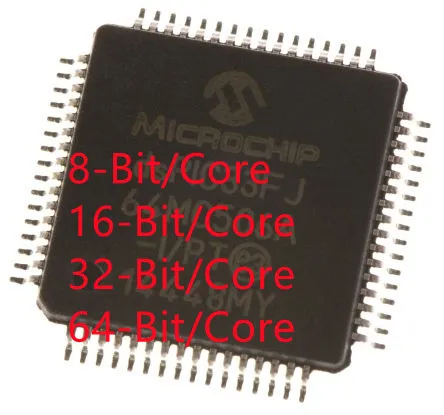

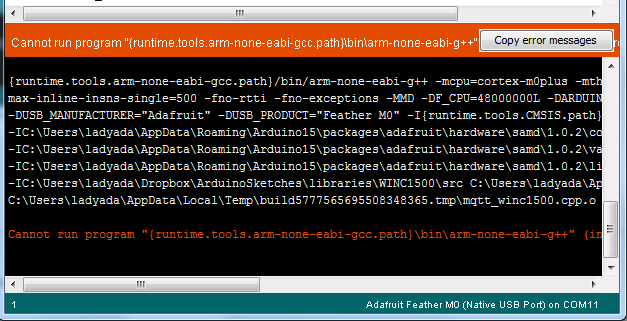
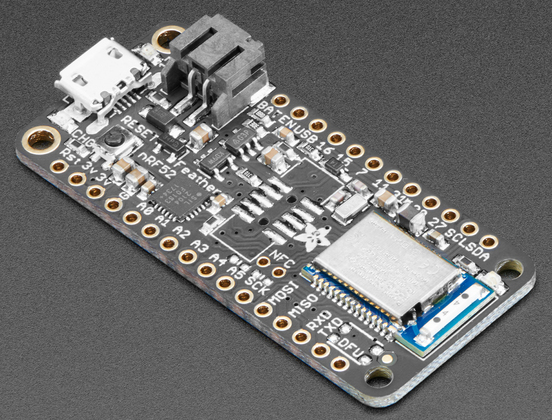

.png)
